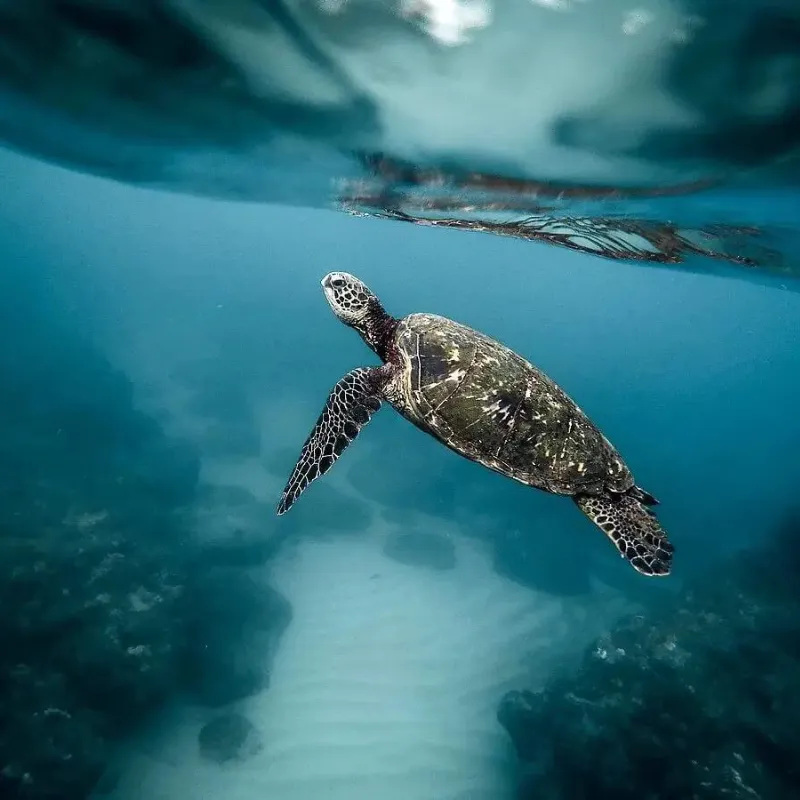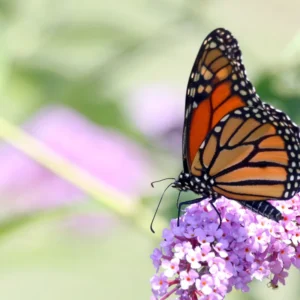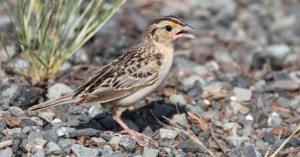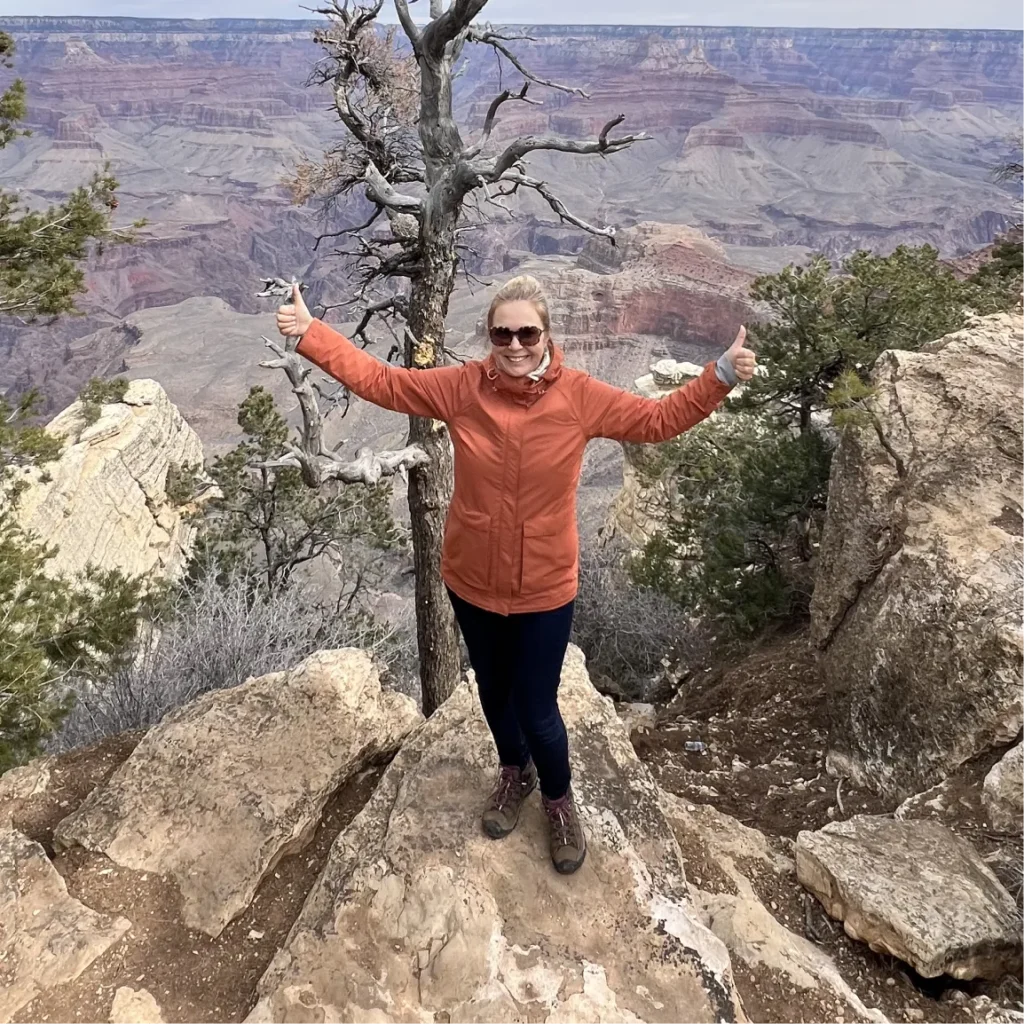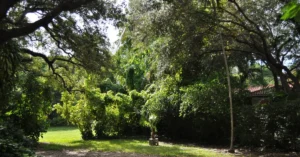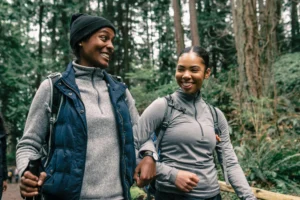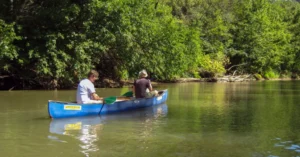Wildlife conservation volunteering is a great way to help protect animals and their habitats. Many people want to make a difference but don’t know where to start. Volunteering offers a hands-on way to support conservation efforts. It’s an opportunity to learn and contribute to a vital cause.
Conservation efforts are crucial as many species face threats like habitat loss and climate change. Joining a wildlife conservation volunteering program can be a rewarding experience. It allows you to connect with nature and meet like-minded people. Together, you can make a real impact. Whether you’re passionate about saving elephants or protecting rainforests, there’s a project for you.
In this blog, we’ll look at the top five wildlife conservation volunteering opportunities. Each program offers unique ways to help protect our planet’s precious wildlife. Join us as we explore these incredible opportunities and find out how you can get involved.
What Makes Wildlife Conservation a Topic of Conversation?
The rapid loss of biodiversity due to habitat destruction, climate change, pollution, poaching, and invasive species is concerning. As species disappear, ecosystems crucial for pollination, water purification, and climate regulation become less resilient.
Wildlife conservation plays a vital role in maintaining these balances, which also helps mitigate the impacts of climate change. Healthy forests and thriving oceans, supported by diverse wildlife, store carbon and regulate temperatures.
Economically, many regions rely on wildlife for ecotourism and sustainable practices, benefiting local communities and economies. Each species holds a unique ecological niche, and their loss can disrupt entire ecosystems, impacting local flora and fauna.
Beyond practical benefits, wildlife holds intrinsic value, inspiring ethical considerations and providing aesthetic beauty that enriches our lives. Moreover, wildlife research contributes significantly to scientific and medical advancements, offering insights into human health and biology.
Conservation efforts are essential to preserve these resources for future generations and to sustain the delicate balance of our planet.
Top 5 Volunteering Opportunities in Wildlife Conservation
Volunteering in wildlife conservation can be transformative, both for the environment and for the individuals involved. Here are five top-level volunteering opportunities that make a substantial impact:
Wildlife Conservation Society (WCS) Volunteer Program
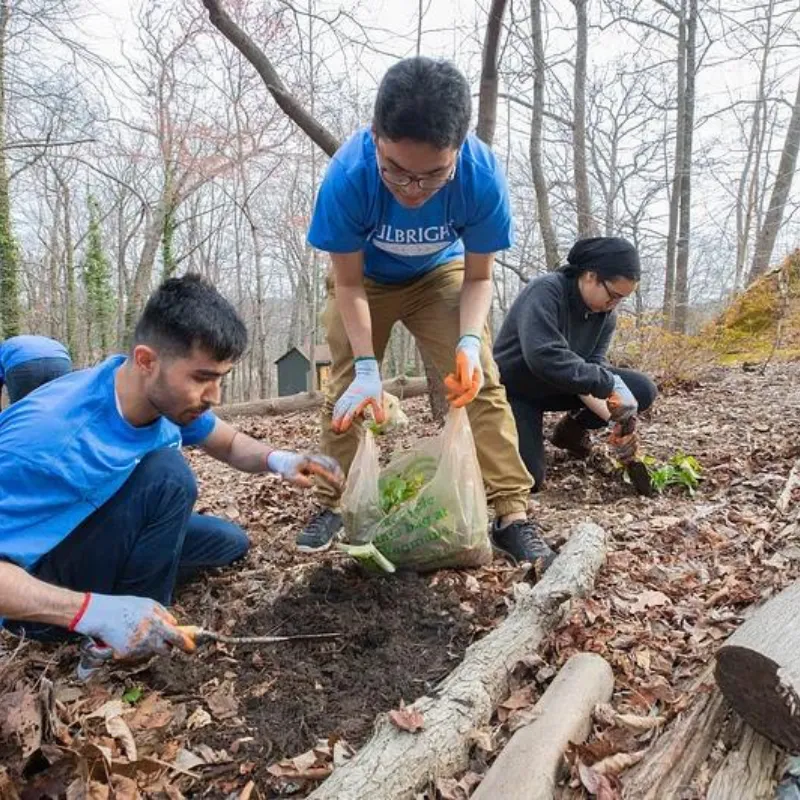
WCS engages volunteers globally in wildlife monitoring, anti-poaching efforts, and habitat preservation. Volunteers contribute directly to field research, helping to collect and analyze ecological data crucial for conservation strategies.
Futuristic Benefits: Participation supports WCS’s mission to preserve wildlife and ensures the future stability of ecosystems, promoting biodiversity and ecological resilience. This experience can be pivotal in advancing personal careers in environmental science and policy.
The Nature Conservancy (TNC) Volunteer Program
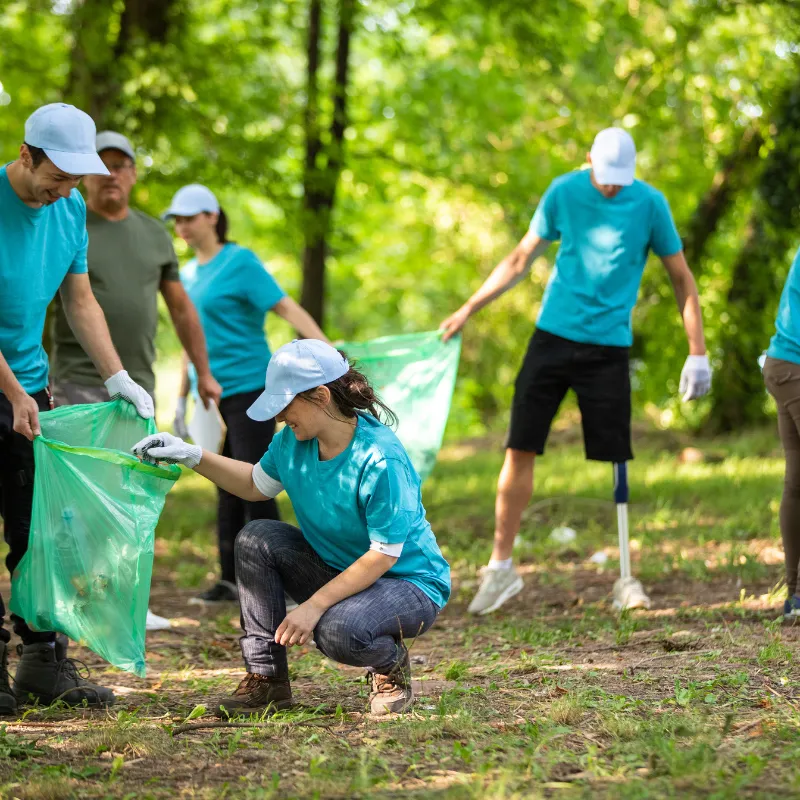
The Nature Conservancy’s volunteers are integral to projects spanning habitat restoration to environmental education across 70 countries. They work on preserving crucial habitats and educating communities, fostering sustainable practices.
Futuristic Benefits: This involvement not only aids in immediate ecological recovery but also in building long-term community stewardship of natural resources. Volunteers gain insights into global conservation challenges and solutions, preparing them for future roles in environmental leadership and advocacy.
World Wildlife Fund (WWF) Volunteer and Internship Programs
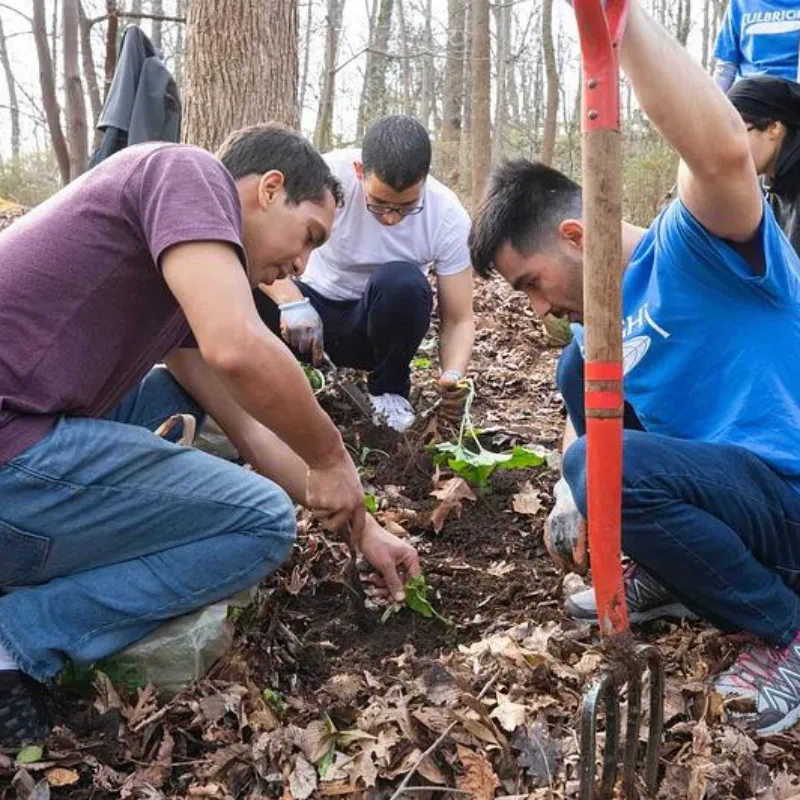
WWF offers a range of volunteer positions that support their initiatives to protect natural habitats and endangered species. Volunteers engage in activities from wildlife surveys to policy advocacy, contributing to vital conservation efforts.
Futuristic Benefits: This hands-on involvement helps secure a healthier planet for future generations by preserving key species and habitats. Volunteers often gain unique insights into environmental policy and conservation techniques, skills that are increasingly important in today’s eco-conscious world.
Peace Corps Environmental Programs
Peace Corps volunteers contribute to environmental conservation through sustainable development efforts in underprivileged areas. These programs focus on forestry, biodiversity, and environmental education, aiming to foster eco-friendly community practices.
Futuristic Benefits: The long-term benefits include improved local livelihoods and environmental conditions, crucial for sustainable development. Volunteers develop skills in cultural adaptation and problem-solving, valuable for careers in international development and environmental policy.
Sea Turtle Conservation Volunteer Programs
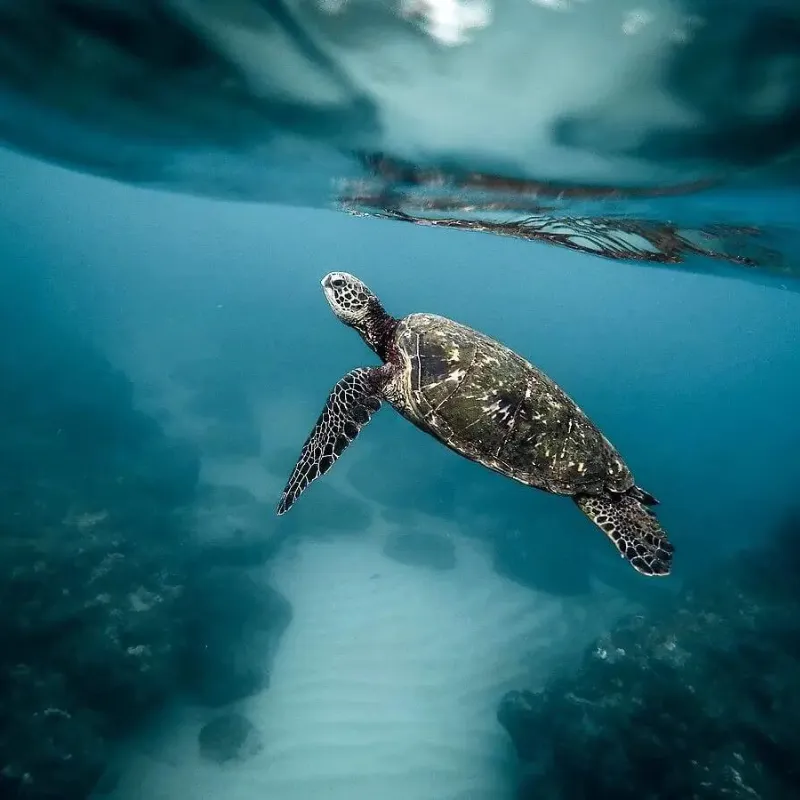
Volunteering with sea turtle conservation involves protecting nests, assisting hatchlings, and gathering important data. These efforts play a critical role in preserving endangered turtle populations.
Futuristic Benefits: Long-term, this work aims to stabilize and increase sea turtle numbers, ensuring their role in marine ecosystems continues. Volunteers gain practical conservation skills and contribute to global biodiversity, enhancing their expertise in marine biology and conservation efforts.
What Change Does Wildlife Volunteering Bring?
Wildlife conservation volunteering brings several positive changes. It helps protect endangered species and their habitats. Volunteers contribute to research and data collection, which informs conservation strategies.
By restoring habitats, volunteers create safe spaces for wildlife to thrive. Education and outreach efforts raise awareness about the importance of conservation. This can lead to more community support and better protection policies.
Volunteers also help with anti-poaching efforts, reducing threats to wildlife. Their work can lead to healthier ecosystems and increased biodiversity.
On a personal level, volunteering can be transformative. It fosters a deep connection with nature and a sense of accomplishment. Volunteers often develop new skills and gain valuable experience. They also form lasting bonds with others who share their passion for wildlife conservation.
Final Words
Engaging in a wildlife conservation volunteering program offers more than the immediate gratification of helping the environment. It provides a pathway to personal growth and the development of valuable skills that are applicable in many professional and personal aspects of life.
By participating in these programs, volunteers not only contribute to vital conservation efforts but also gain a deeper understanding of global environmental issues and the interconnectedness of ecosystems.
This experience fosters a sense of responsibility and urgency to act for the future health of our planet, making it an enriching endeavor for anyone looking to make a difference.

